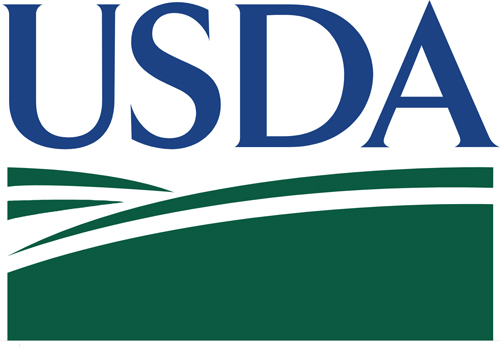APHIS Protects Domestic Fruit Production and Deregulates Tomato Brown Rugose Fruit Virus in Fruit for Consumption
June 20, 2024 | 2 min to read
The USDA’s Animal and Plant Health Inspection Service (APHIS) has updated a Federal Order to protect the domestic pepper and tomato industry while deregulating ToBRFV-positive tomatoes and peppers for consumption. This change allows growers to market fruit from facilities where the virus is detected, rather than destroying it. APHIS continues to enforce strong safeguards for importation of plant propagative materials to prevent ToBRFV from entering commercial production areas in the U.S.

WASHINGTON – USDA’s Animal and Plant Health Inspection Service (APHIS) is updating and issuing a Federal Order designed to continue protecting the domestic pepper and tomato industry while safely deregulating tomato brown rugose fruit virus (ToBRFV)-positive tomatoes and peppers for consumption.
Under the new Federal Order, APHIS will maintain its strong safeguards for imported and domestic tomato and pepper plant propagative materials, including seed, to ensure domestic fruit growers continue to be protected against ToBRFV. However, by deregulating fruit for consumption, APHIS is now allowing growers to market fruit grown at facilities where tomato brown rugose fruit virus is detected, rather than having to destroy the fruit.
APHIS based decisions in the updated Federal Order on pathway risk assessments it published in August 2023, examining the likelihood and risk of introducing ToBRFV into the United States via fresh tomato and pepper fruit for consumption as well as plant propagative materials, including seeds. Based on the analyses, APHIS concluded that ToBRFV is unlikely to reach commercial production areas in the United States through fruit brought to market for consumption. Rather, the virus is likely to reach U.S. production areas via the propagative plant materials pathway. Accordingly, APHIS will maintain the strong safeguards in place for imported and domestic tomato and pepper plant propagative materials, including seed.
ToBRFV was first identified in Israel in 2014 and has since been reported in many other countries. Its main hosts are tomato (Solanum lycopersicum) and pepper (Capsicum spp.). The virus is primarily a problem in greenhouses. Once in a production system, this virus cannot be controlled. The only options in these cases are destruction of the plant material and disinfection of the greenhouse.
To safeguard U.S. agriculture against the introduction of the virus into the United States, APHIS issued a Federal Order in 2019 to restrict tomato and pepper fruit and plant propagative material imports, such as plants intended for planting, plant parts and cuttings, and seeds.
APHIS continues to encourage states to monitor greenhouse environments for tomato brown rugose fruit virus in plant propagative material.
For more information, read the current tomato brown rugose fruit virus Federal Order on our website: https://www.aphis.usda.gov/aphis/ourfocus/planthealth/import-information/federal-import-orders/.
